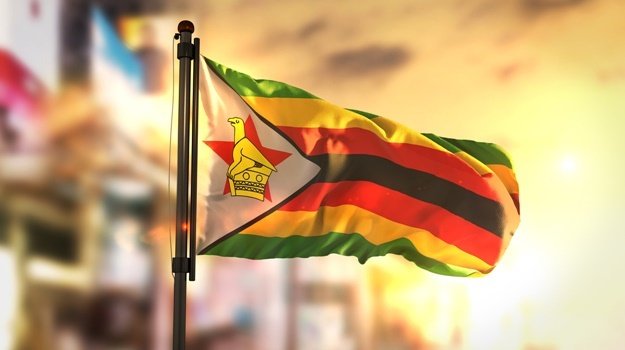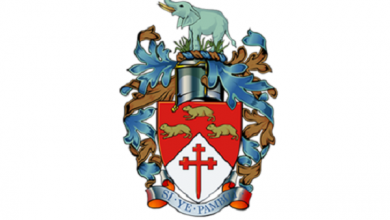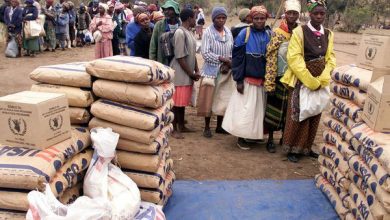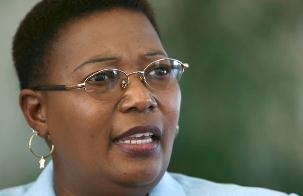Shrinking political space chokes opposition parties

Zimbabwe’s opposition parties do not have much leeway outside the electoral campaign system due to the closure of the democratic space.
Some of the challenges they face include lack of funding, curtailment of their right to free movement by the ruling party and ignorance of the role they are supposed to be doing in non-elective years.
Opposition parties are supposed to be keeping the current government in check while continuously engaging with communities on civic and voter education.
However, analysts noted their work has been restricted by the political environment controlled by Zanu PF, which undermined their effectiveness.
“I wouldn’t imagine Zimbabwe as an ideal space for the opposition to exist and function optimally on a democratic level just look at the economy. Does the economy of Zimbabwe allow those in power to get involved in community outreach projects and political activism? It’s quite difficult,” said an academic Professor Shepherd Mpofu, at a CITE twitter space, This Morning on Asakhe Tuesday, discussing the role of opposition parties in non-elective years.
“We can then say to a certain extent, the opposition is not doing enough in non-election years, as they only appear just before elections are about to happen. Where there is no respect for a multi-party existence, the opposition cannot be involved much in civic education or carrying out their watchdog role,” Prof Mpofu noted.
“You can’t expect them to do what is expected of them if there is a big man syndrome that sits in the government.
“I would say in Zimbabwe, you can’t not necessarily say the opposition has failed but is curtailed as far as doing the work expected in a non-electoral year.”
Another commentator, Solomon Harudzibwi, concurred the opposition could have been lobbying for laws to improve lives of citizens but was blocked by Zanu PF.
“The ruling party needs to respect the constitution. As seen in our country, the ruling party has been blocking anything from the opposition from what it might feel gives the opposition an upper hand as a contender,” he said.
“In a normal democracy, the opposition could have tabled a motion to reverse the ZUPCO monopoly but with Zimbabwe, you need a majority. If you don’t have numbers, the other side can oppose even a good piece of legislation because the party doesn’t support it.”
Harudzibwi added the opposition needed funding “but in Zimbabwe, corporates were unfree to donate as they would be victimised.”
ZAPU Secretary-General, Mthulisi Hanana underlined the opposition was undermined as Zanu PF was pushing for a one-party state.
“Zanu doesn’t believe in democracy, debate, accountability and alternate views. We have seen it over the years where opposition members are killed, viewed as enemies of the state, and regarded as unpatriotic. The moment that happens members of the opposition are vulnerable and can’t do much,” he said.
“We have seen a lot of political players who are harassed, arrested and there’s nothing we could do besides hashtags and retweeting because had we done things differently, we would also have been made vulnerable. You can tell this is a risky affair.”
Hanana noted, unlike other countries where parliaments had a proportional representation system for every political party, in Zimbabwe the winner ‘took all,’ so there was no platform for them to be taken seriously.
“If we are to engage, our view is accepted at the discretion of the government which generally does not want to listen to anyone.”
The ZAPU SG said the economy was one of the biggest killers for the opposition, which were not profit-making entities but were sustained by donations from its members.
“There’s also a limit to what members can donate or you can try to get the Political Parties Funds, which is nothing,” he said.
Hanana also said people generally wanted to gain something from political parties.
“The first thing people ask is, ‘what are you giving us?’ If you call for a meeting to discuss certain pertinent issues and it’s known there is no food, people will not attend. NGOs will give transport fare and lunch, which makes it easy for people to attend their meetings,” said the party SG who argued that Zimbabweans also have their preferred ‘saviours’ in the opposition.
“Regardless of what you do, as long as you don’t come from a certain political party or subscribe to a certain individual, people will not listen to you. I’ve been to many places where people will say, ‘you are saying the right things, the only problem is you are in ZAPU. Had you been in Zanu or CCC we would listen to you better’.”
Hanana said, for instance, ZAPU struggled to mobilise people to march in Bulawayo against the high parking fees introduced by the city council.
“The challenge we are facing is not that people don’t agree with us, people agree parking fees are wrong but you find them saying, ‘no, we don’t want to be seen as ZAPU members. We don’t want to be identified as you but we identify with your cause.’ As a result, this makes our work difficult. That’s why focus is on building the party for an election and forget about governance,” he said.




